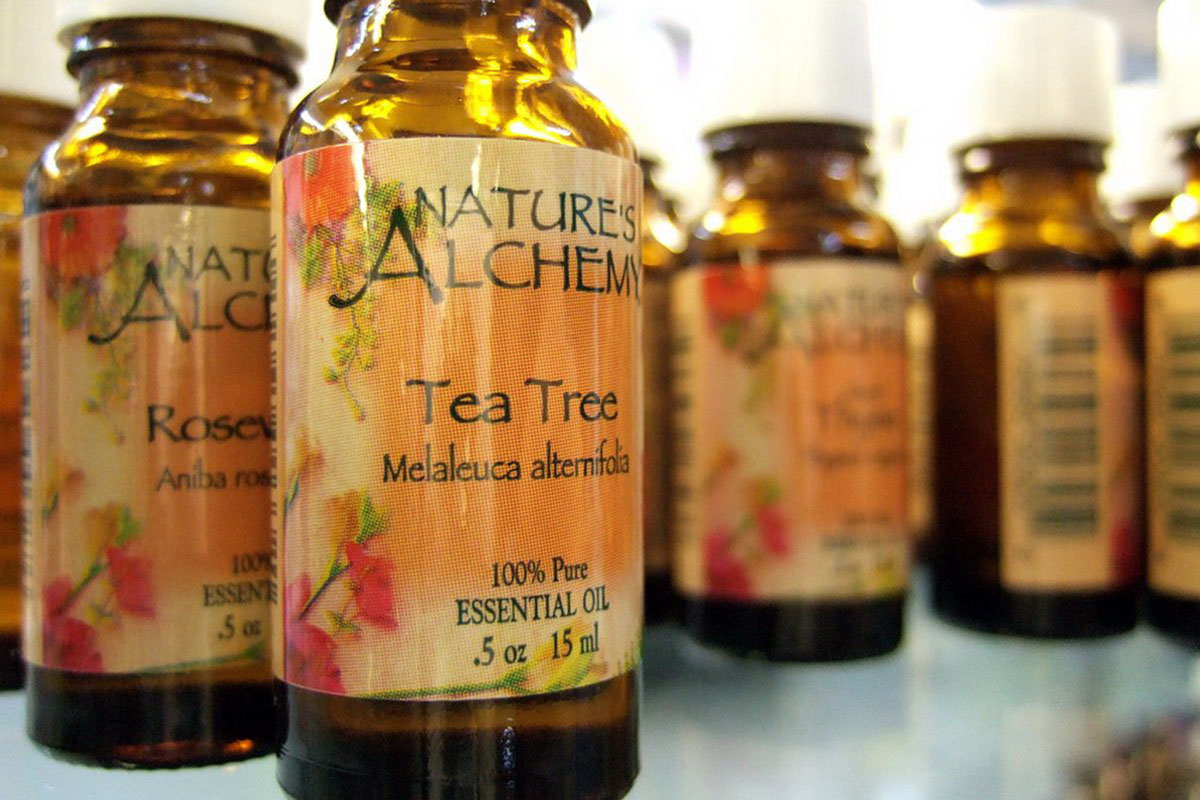Table of Contents
The same trend has caught on in the production of natural products for acne. More and more acne experts are recognizing that it is a combination of natural products that works best for achieving clear skin. Some of the basics just about everyone who has acne should use on a daily basis include:

- Tea tree oil. This Australian herbal extract has been used for about 125 years to treat skin infections of all kinds, especially acne. Unlike the more commonly prescribed benzoyl peroxide, tea tree oil also fights staph bacteria (which can cause pyramidal pimples filled with yellow pus) and strep bacteria (which can cause purple pimples that hurt) and moisturizes the skin. Tea tree oil kills bacteria more slowly than benzoyl peroxide, but it gets the harmful bacteria benzoyl peroxide misses. Children under the age of 12 should not be treated with tea tree oil.
- Licorice extract. Long an ingredient in products for diaper rash, licorice extract is being used more and more as a remedy for inflammation of all kinds in the skin. Licorice helps the skin conserve natural anti-inflammatory hormones that keep an overactive immune system in balance. It's important, however, to use licorice on your and not in you. Don't take products that contain licorice by mouth unless it is a special kind of licorice known as deglycyrrhizinated licorice (DGL).
- Green tea extract. Green tea extract reduces the production of oily sebum in the base of skni pores. It doesn't eliminate skin oil production, which actually would harm the skin, but reduces it just enough that oil does not accumulate to levels that trap bacteria inside the pores. Green tea also provides antioxidants to the skin that help it preserve collagen and avoid breakdown of collagen that accumulates as the pink tissue over a scar or cyst.
- Passionflower tea is drunk as a sleep aid. Passionflower extract relaxes the skin, making it less responsive to changes in temperature, less likely to flush or blush in response to strong emotion. Passionflower extract works hand in hand with azelaic acid, which occurs naturally in wheat and rye, preventing the sudden redness that occurs in acne rosacea.
- Aloe vera is well known as a treatment for cuts, scrapes, and minor burns. It helps the skin knit together to cover a wound. If you have injured your skin in your attempts to pop pimples or mash blackheads (two activities that never improve the overall appearance of the skin) aloe vera can help it heal faster.
Which of these products won't work for acne? In general, any product you use as the only product for treating your acne is doomed to fail.
See Also: Top Acne Treatments - Proven Remedies to Get Rid of Acne Fast
All of these natural products used every day, along with regular cleansing of the skin and use of appropriate, light makeup, can help you get acne under control. You aren't likely to find all of these helpful natural ingredients in a single acne product that comes in a single bottle. But you can find all of these natural products for acne in acne treatment kits that offer you a collection of products you use every day at a reasonable price, usually with a money back guarantee.
- Rister, R. Healing without Medication. Basic Health Publications, 2003.
- Photo courtesy of Grégoire Lannoy by Flickr : www.flickr.com/photos/fulbert05/3406683957
- Photo courtesy of Stephanie by Wikimedia Commons : nl.wikipedia.org/wiki/Theeboomolie#mediaviewer/Bestand:Teatreeoil.jpg

